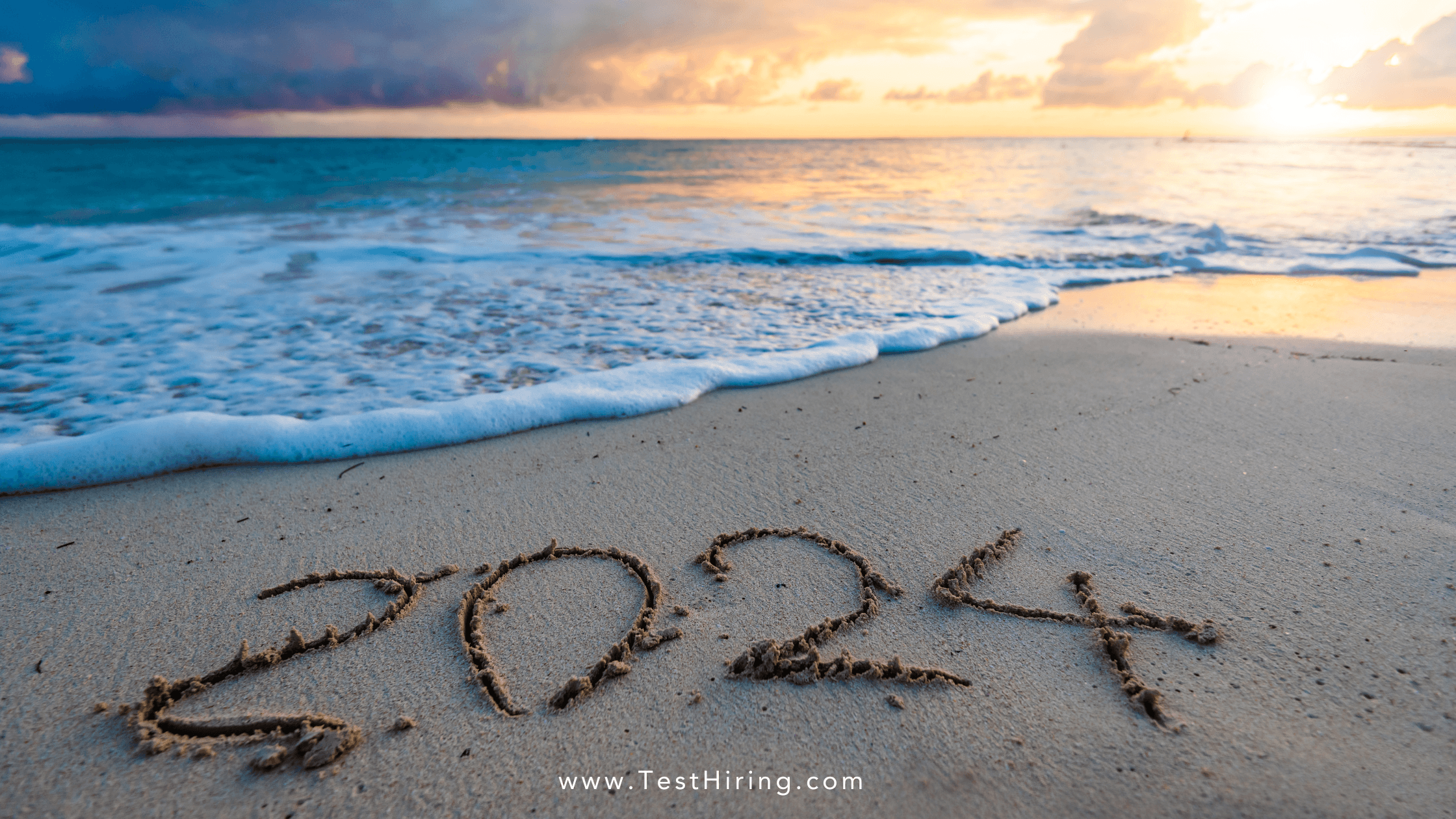The talent acquisition landscape saw significant shifts in 2024, driven by technological advancements, changing workforce dynamics, and the global push for more inclusive and efficient hiring practices. Here’s a quick overview of the most prominent trends:
1. AI-Powered Recruitment
AI continued to dominate talent acquisition, with tools enhancing candidate sourcing, resume screening, and interview scheduling. Generative AI platforms have made it possible to create personalized job descriptions and improve communication with candidates, ensuring a smoother experience.
2. Skills-First Hiring
Organizations are moving away from degree-based hiring and prioritizing skills and competencies instead. Assessments like role-specific tests, coding challenges, and creative problem-solving exercises are becoming central to recruitment strategies, emphasizing a candidate’s ability over credentials.
3. Gamification and Immersive Assessments
Gamified assessments and virtual reality (VR) simulations have gained traction in evaluating candidates’ skills and personalities. These methods are particularly popular for assessing soft skills like teamwork, adaptability, and decision-making in real-time scenarios.
4. DEI-Focused Hiring Practices
Diversity, Equity, and Inclusion (DEI) remain top priorities. Companies are investing in tools that help reduce bias in hiring, such as anonymized applications and AI-driven assessments designed to evaluate candidates impartially.
5. Enhanced Use of Talent Analytics
Data-driven decision-making in talent acquisition has reached new heights. Predictive analytics helps recruiters forecast a candidate’s potential success in a role, while real-time metrics provide insights into hiring trends, performance, and process efficiency.
6. Focus on Candidate Experience
With competition for top talent fiercer than ever, providing an excellent candidate experience has become critical. Companies are adopting chatbots, intuitive application portals, and clear communication practices to keep candidates engaged throughout the hiring journey.
7. Remote and Hybrid Hiring Models
As remote and hybrid work remain prevalent, talent assessments now include measures to evaluate a candidate’s ability to work independently, collaborate virtually, and manage remote tools effectively. Remote-friendly hiring platforms are more sophisticated and widely used.
8. Continuous Learning and Upskilling
Organizations are now evaluating a candidate's willingness and ability to learn. Microlearning assessments, certifications, and aptitude tests are integrated into hiring to identify adaptable, growth-oriented talent.
9. Social Media as a Recruitment Tool
Social media platforms are becoming more prominent for recruitment, with companies leveraging platforms like LinkedIn, Instagram, and TikTok to showcase their employer brand, reach passive candidates, and assess cultural fit.
10. Ethical Talent Assessments
There is an ongoing emphasis on maintaining ethics in assessments, especially regarding privacy and bias reduction. Transparency about how assessments are conducted and data is used has become a competitive differentiator for employers.
Conclusion
The trends in 2024 underscore the evolution of talent acquisition toward being more inclusive, technologically advanced, and candidate-focused. Companies that embrace these innovations and prioritize ethical, data-driven, and human-centered hiring practices are well-positioned to attract and retain top talent in a competitive global market.




